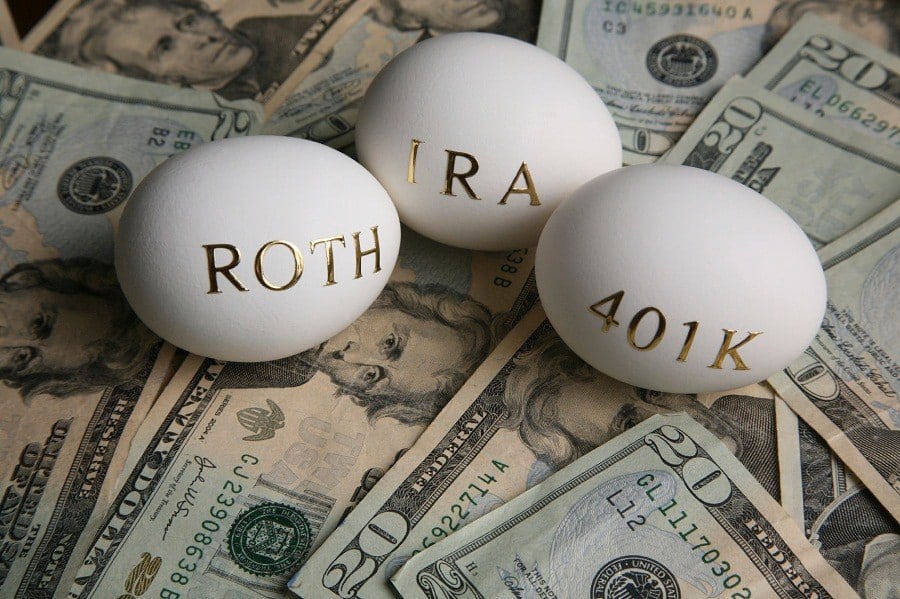

A professor at the University of Virginia School of Law has launched an offensive on the tax treatment of traditional 401(k)s and IRAs, calling out retirement savings reforms that he says have largely benefited the industry and affluent savers.
In a paper published Dec. 31, Michael Doran skewered numerous policy changes related to retirement saving, including several Portman-Cardin bills and the Pension Protection Act, calling the reforms “an ingenious deceit” and “a stalking horse for lavishing tax subsidies on higher income earners and directing higher asset-based fees to financial-services companies.”
The paper is all but certain to attract widespread criticism from the industry, with one group categorizing it as an opinion piece masquerading as research.
Doran, who himself worked with the American Benefits Council while in private practice as far back as the ’90s, didn't lobby for the retirement policy changes he targets in his paper, according to a disclosure in the piece.
Although legislation has dramatically increased the amount of U.S. retirement assets over 25 years, it has disproportionally benefited the wealthy, with average inflation-adjusted savings for low-income people declining slightly, Doran wrote.
“The enormous retirement-savings subsidies that Congress has directed to higher-income earners have diverted federal resources from other policies that would increase retirement security for lower-income and middle-income earners, whether through private savings or through improvements to Social Security,” he wrote. “These lost opportunities have left middle-income earners scarcely better off than they were in the early 1990s. And remarkably, the retirement-account balances of lower-income earners have decreased over the past 25 years.”
Between 1995 and 2019, the median retirement account balance for the bottom 20% of income earners went from $16,690 to $13,000, according to the paper. The median balance was flat for the next 20%, more than doubled for those whose incomes put them in the 40% to 90% percentile range, and quadrupled for the top 10%, Doran wrote.
Tax deferral for retirement accounts resulted in a revenue loss to the federal government of $145 billion in 2016, in 2020 dollars, though that has increased to a current amount of nearly $380 billion, according to the paper.
In passing retirement saving reforms, Congress has responded to pressure from employers and the financial services industry, Doran contends.
“This enterprise is especially attractive to legislators because retirement policy has a cachet of respectability,” he wrote. “Few legislators would think it good strategy to build a public record of weakening employee protections and directing subsidies to mutual funds, insurance companies, brokerage houses and banks; siding with employers over employees and shilling for Wall Street hardly resonate with most constituents. But strengthening the retirement system — making it easier for ordinary people to save and to secure their financial future — has an undeniable appeal.”
Additional tax perks have been unnecessary for affluent savers, as they would contribute to IRAs and 401(k)s regardless, he wrote. But policy changes have done little for low-income earners, with the Saver’s Credit being ineffective without the proposed modification of being refundable, he noted.
“Arguably, the current system of tax subsidies for private retirement savings makes little sense. The subsidies are available across the board; they are available to higher-income earners who do not need incentives to save, and they are available to lower-income earners for whom they provide little or no incentive to save,” he wrote. “[T]hese subsidies should be limited to those earners, somewhere in the middle, who respond to them in the intended manner — by contributing to retirement plans and IRAs money that otherwise would be consumed.”
It would benefit low-income workers to expand Social Security, for example, Doran noted. High-income earners should not have any subsidies to encourage them to save, he said.
While 401(k) plans must undergo nondiscrimination testing to help ensure the plans don't disproportionally benefit high-income earners, employers have a workaround in “cross testing,” a method that considers benefits paid out using age and actuarial assumptions, instead of contributions as a percentage of income, Doran noted.
Nevin Adams, chief content officer and head of retirement research at the American Retirement Association, disputes Doran’s conclusions.
“Opinion pieces rarely drone on for 82 pages, but this one manages to, and does so dressed up as ‘research,’” Adams said in an email.
Focusing only on tax preferences ignores the fact that 401(k)s and IRA assets are taxed in retirement, that matching contributions from employers can substantially benefit lower-income workers and that about two-thirds of plan participants are those earning less than $100,000 a year, he said.
Data from the Employee Benefit Research Institute show that account balances for higher-income earners are in rough proportion to their income levels, Adams added.
“The 401(k) is the only way we have ever gotten working Americans to save for retirement,” he said. “Those that have access to those programs are doing well. The only problem with the 401(k) is that not enough working Americans have access to one.”

Blue Anchor Capital Management and Pickett also purchased “highly aggressive and volatile” securities, according to the order.

Reshuffle provides strong indication of where the regulator's priorities now lie.

Goldman Sachs Asset Management report reveals sharpened focus on annuities.

Ahead of Father's Day, InvestmentNews speaks with Andrew Crowell.

Cerulli research finds nearly two-thirds of active retirement plan participants are unadvised, opening a potential engagement opportunity.
Barely a decade old, registered index-linked annuities have quickly surged in popularity, thanks to their unique blend of protection and growth potential—an appealing option for investors looking to chart a steadier course through today’s choppy market waters, says Myles Lambert, Brighthouse Financial.
How intelliflo aims to solve advisors' top tech headaches—without sacrificing the personal touch clients crave
